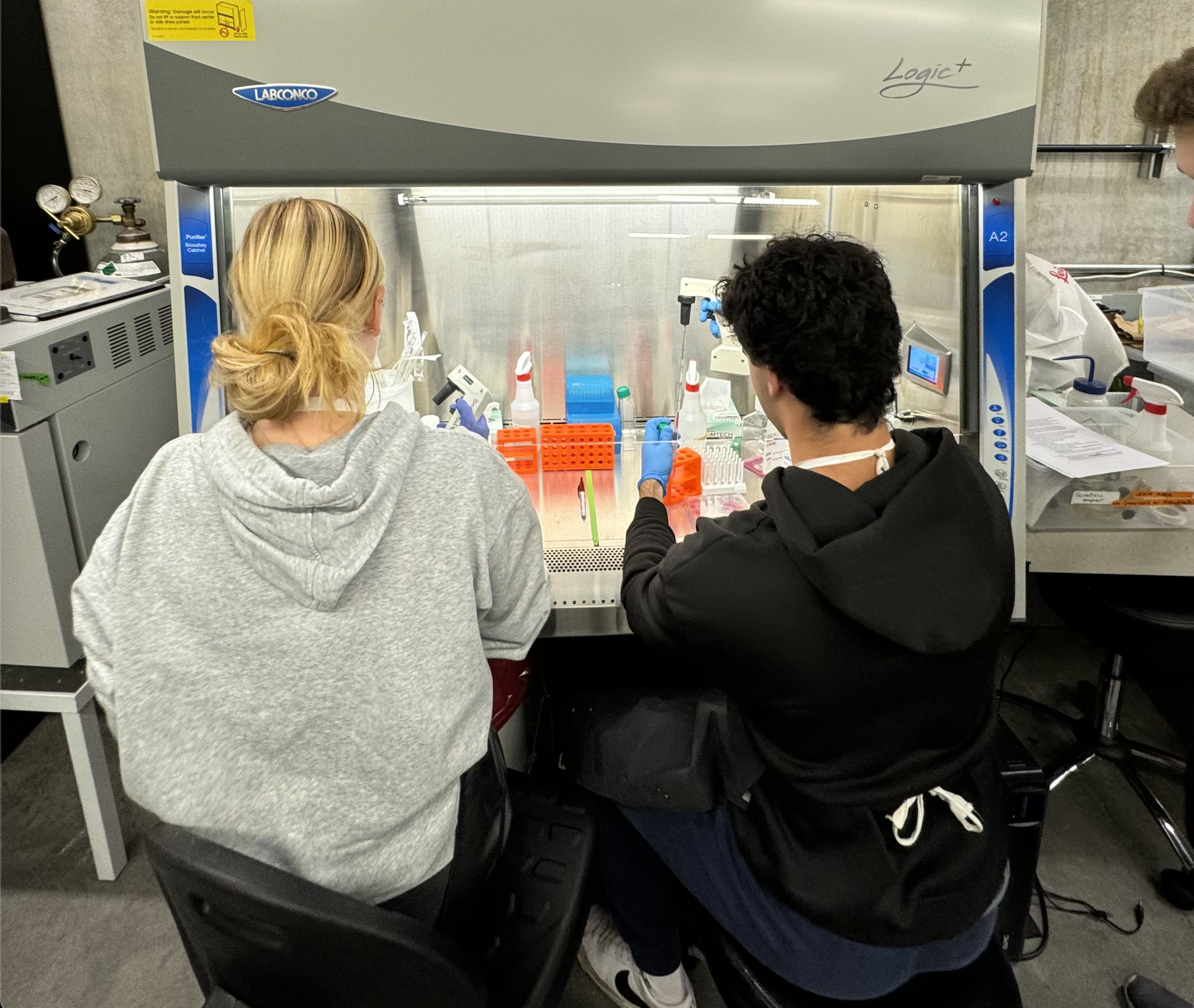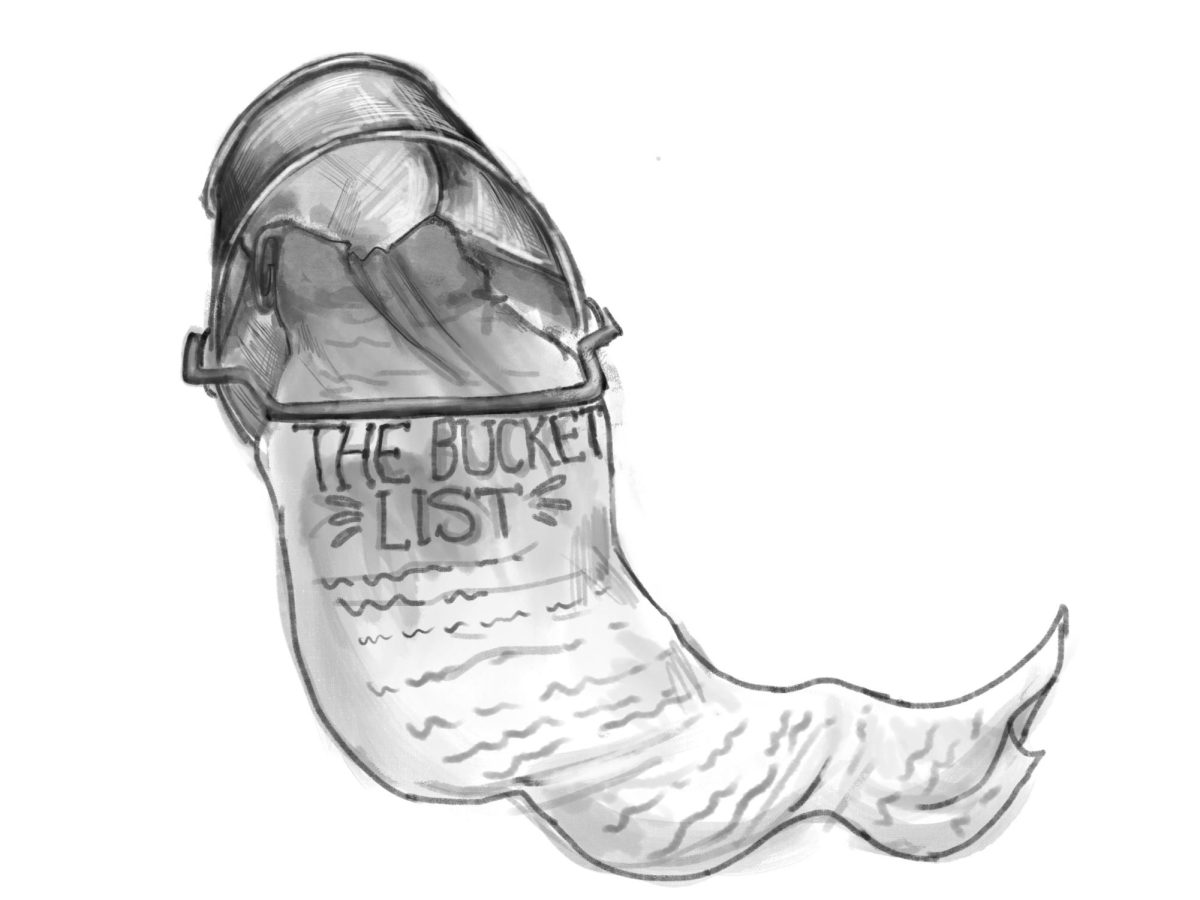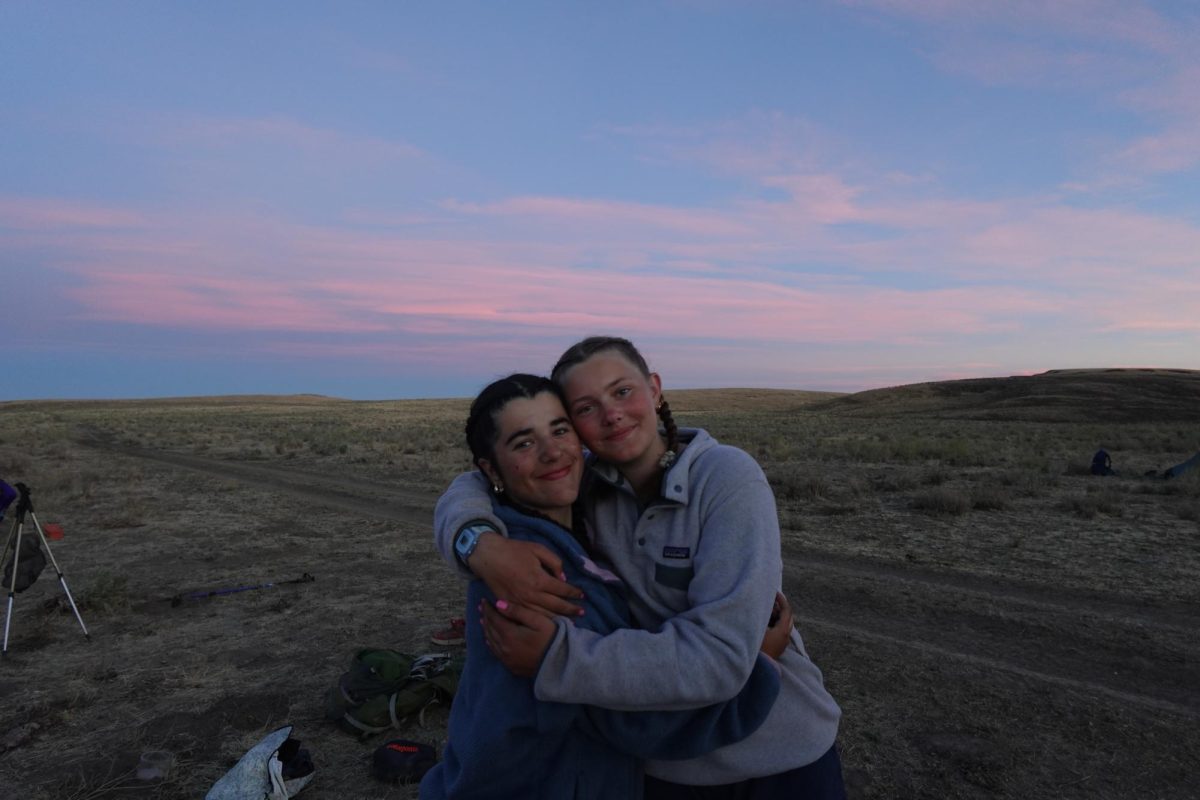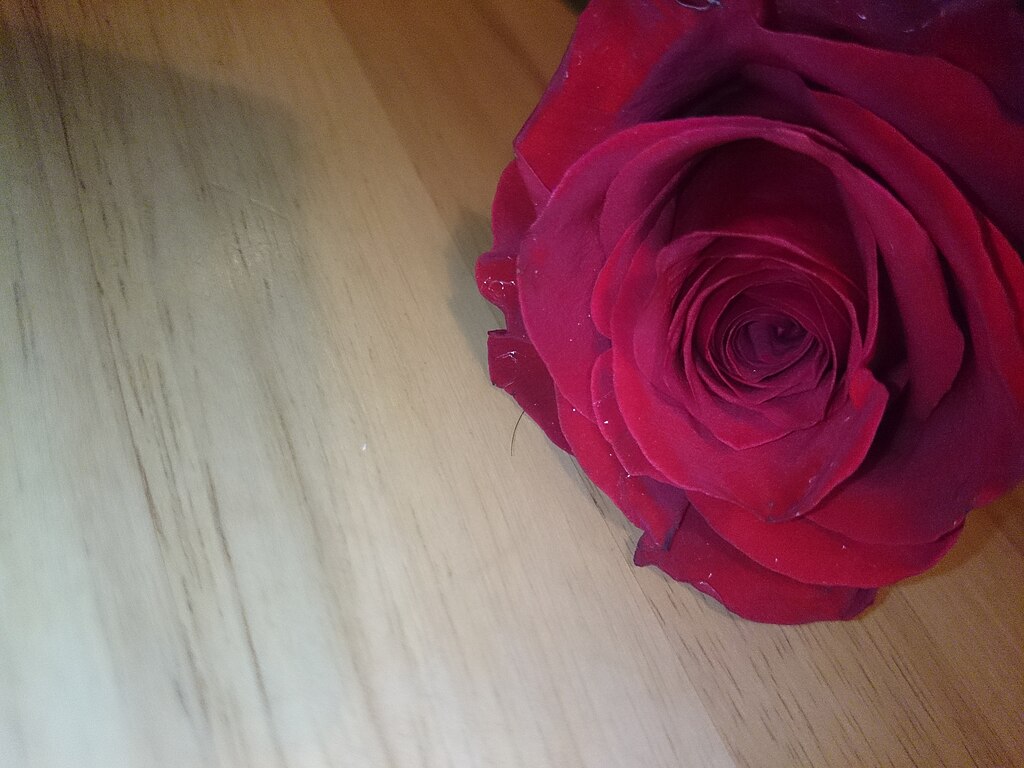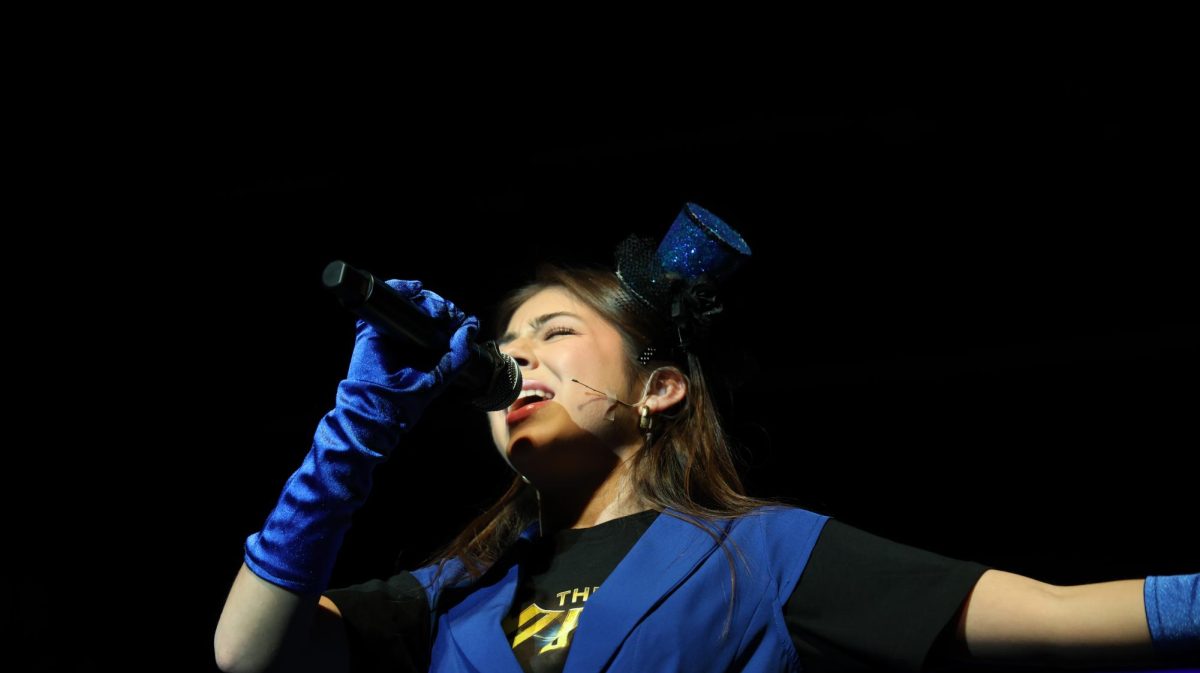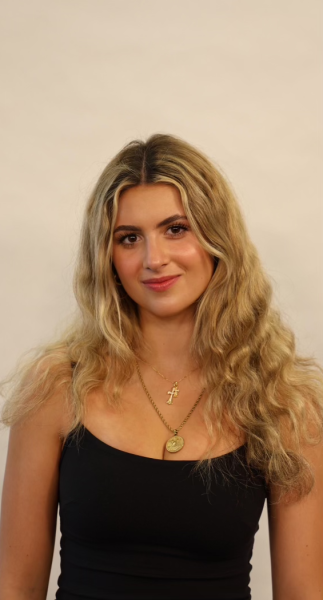Menlo’s Whitaker Lab is one of our most sacred locations. It’s more than just a workshop; it’s a hub of creativity and innovation. But though the resources are plentiful, the classes offered in the lab are limited. So how can students make use of this unique space without taking a specialized Whitaker class? Whether it’s through taking other science classes that base parts of their curriculum in the lab, diving into your own independent projects or joining a Whitaker-based club, there are various paths available that allow students to unlock the full potential of the Whitaker Lab.
The most common way to access the Whitaker Lab, as most know, is through taking the carefully-developed Whitaker classes. These classes blend skill-building with project work; Neuroscience teaches life science concepts through a visual approach, Mechanical and Electrical Engineering introduces underclassmen to circuitry and hands-on building in an entry-level manner, Sustainable Earth Engineering focuses on environmental problem-solving and, lastly, Applied Science Research enables students with a passion for the scientific process — and the necessary prerequisites — to access nearly all lab resources for building high-level projects.
But what many students may not realize is that several other Menlo science classes frequently utilize the lab’s resources, even if they aren’t based there. One such course, Experimental Archaeology, spends much of the second semester immersed in the lab as students recreate historical artifacts. Tasked with making replicas of ancient objects like swords or jewelry, students work with wood, sand and specialized tools — dremels, drills and more — to construct molds and bring their pieces to life. The lab setting is essential for this course: it allows students to handle tools and materials safely while keeping their classroom free of the inevitable mess that comes with hands-on construction.
The Biotechnology Research (Biotech) course, too, provides a unique opportunity for students to engage in hands-on lab research in the Whitaker Lab. The lab provides a variety of equipment and resources, especially for cell culturing; hoods: incubators, water baths that maintain cell culture media, a dark room for observing dyed calls and even a 3D printer that can print biological materials. In the second semester, when Biotech students carry out their own independent research, many find every resource they need in Whitaker without needing to resort to collaborations with external labs.
Another valuable way to engage with the Whitaker Lab is by joining one of its student-led clubs, Maker Club or Robotics Club. Maker Club is a space for students with an engineering design mindset to think about the world with a critical lens. The group builds different projects, such as solar chargers, that are both fun to make and useful for the community. Currently, the club is in the design phase of building drones, according to senior and Maker Club co-president Bryan Liu.
Robotics Club, similarly, is a place for students to practice building and working collaboratively and creatively, specifically with a focus on programming and robotic design. The club usually comprises three to four teams each year that participate in competitions organized by VEX Robotics, according to co-president Marina Xanthopoulos. Students gain valuable experience in programming and a sense of competitiveness through entering their creations in competitions.
However, at the end of the day, students don’t need to be a member of a specific class or a club to be involved in the Whitaker Lab. With the right certifications, every resource is within reach, according to science teacher and Science Department Chair James Formato. Every student becomes “general safety” certified for any hand tools that don’t require electricity through the freshmen seminar’s rotation in the Whitaker Lab. Any tool that uses a battery or plugs into a wall requires a separate certification, but all a student must do to become certified is sign up to take the in-person tool certification class with Whitaker Lab Supervisor Brian Ward. After taking the class and the Canvas quiz, they can use those tools whenever they like.
Every project completed in the lab is fueled by student creativity and initiative. All one needs to pursue a passion project is an idea. Formato encourages students to speak with Ward about what they’d like to make, who gladly offers guidance for helping students develop ideas and plan projects. The Whitaker Lab is truly open to anyone ready to explore, learn and create.



